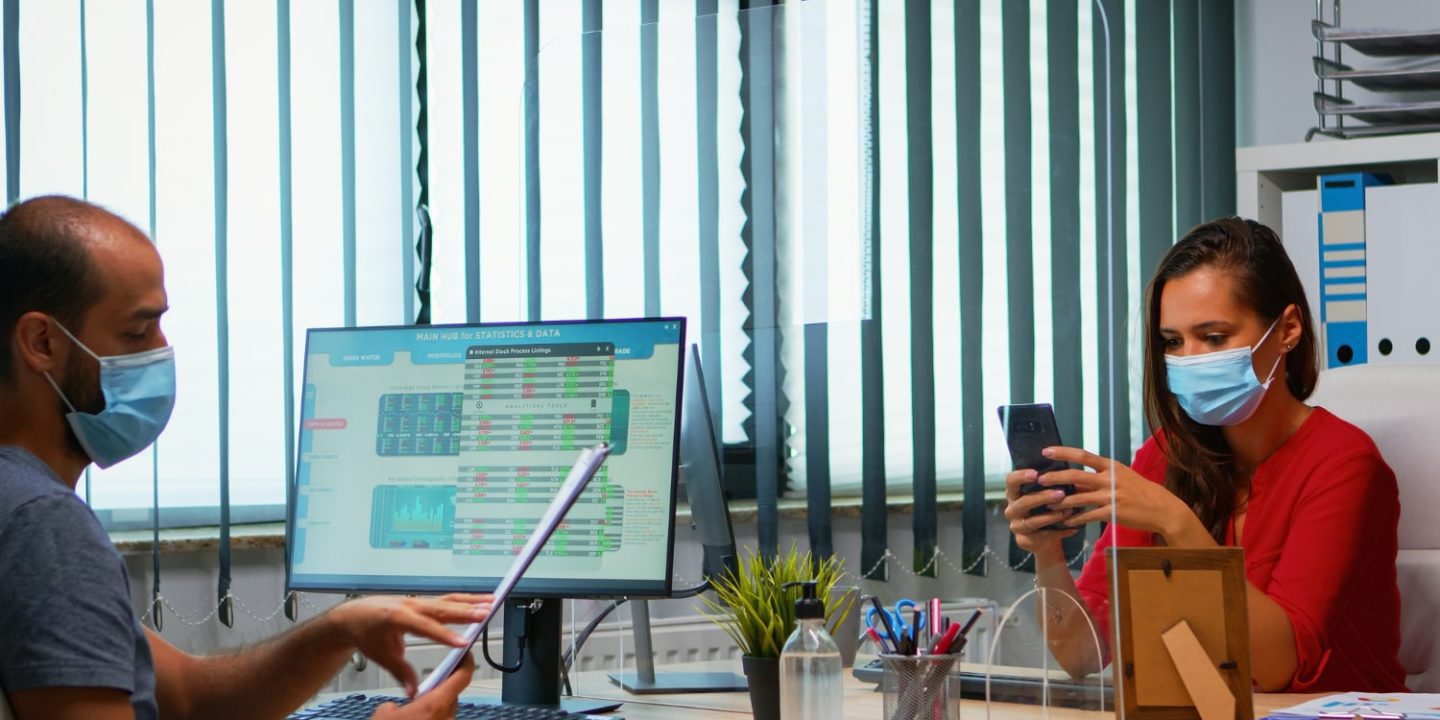- Home
- Hospitals & Providers
- BMS Announces NEW DTC Platform ...

Following the debut of an online direct-to-patient (DTP) initiative that made Eliquis available at reduced prices for certain U.S. patients, Bristol Myers Squibb is shifting focus to Sotyktu for its next effort through its latest dtc platform.
Beginning in January, the company will roll out its new BMS Patient Connect dtc platform, which will provide eligible U.S. cash-paying patients with Sotyktu at more than an 80% discount from list price. Orders will be shipped directly to patients across all 50 states and Puerto Rico, the drugmaker said.
The firm’s plaque psoriasis treatment carries a list price of $6,828 for a 30-day supply at the 6 mg daily dose. Under the new dtc platform, the cost will drop to $950, representing an 86% reduction. A company spokesperson declined to comment on how many patients might qualify for the program.
In the announcement, CEO Christopher Boerner, Ph.D., emphasized that BMS is committed to making Sotyktu more affordable and accessible, expressing pride in introducing this significant price reduction through its growing dtc platform strategy.
Boerner added that the company is working to eliminate obstacles, increase transparency, and reduce patients’ out-of-pocket expenses, ensuring that people across the country can receive the treatments they need delivered straight to their homes.
Beyond discounted pricing, the BMS Patient Connect dtc platform will also provide support resources for patients. The company noted that additional Bristol Myers Squibb medicines suited to this direct-to-patient model are expected to be added to the platform soon.
The rollout of BMS’ new dtc platform comes at a time when direct-to-patient initiatives are becoming increasingly common across the pharmaceutical sector. According to a report released this week by ixlayer, such programs are often designed to provide patients with financial assistance, insurance navigation, and discounted medication access.
The trend has been further amplified by President Donald Trump’s push for greater direct engagement between drugmakers and consumers. He wrote letters in July to 17 major pharma executives urging them to comply with his “Most Favored Nation” order, which seeks to lower U.S. drug prices to levels comparable with those in other advanced economies. Among his demands was a call for companies to expand both direct-to-consumer and direct-to-business sales channels.
Several major drugmakers are already moving ahead with direct-to-patient strategies. Over the past year, Eli Lilly and Novo Nordisk have rolled out initiatives to provide their widely used GLP-1 therapies at steep discounts for patients paying out of pocket.
Earlier this summer, Bristol Myers Squibb partnered with Pfizer to design a similar system for Eliquis. That program, which became available earlier this month, reduces the anticoagulant’s roughly $600 monthly cost by about 40% for patients who are uninsured, underinsured, or otherwise paying cash.
Expanding the DTC Platform Strategy Further
As part of its long-term vision, BMS aims to broaden its dtc platform offerings beyond Eliquis and Sotyktu. Industry experts believe that expanding direct-to-patient strategies will allow companies to better control pricing, build stronger relationships with patients, and reduce distribution overheads.
This shift reflects a wider move within the pharmaceutical industry to adopt models that improve transparency and affordability while streamlining supply chains. Analysts expect other major companies to follow suit, introducing similar dtc platforms to reach cash-paying patients directly, especially as healthcare costs continue to rise.
By scaling its dtc platform, BMS positions itself as a forward-looking player in patient engagement and affordability. This strategy could set a new standard for how medications are delivered and priced in the U.S. market.
Future Outlook for the DTC Platform Model
Industry analysts believe that Bristol Myers Squibb’s latest move could signal a broader transformation in how major pharmaceutical companies distribute their products. By leveraging a dtc platform, drugmakers can bypass some traditional distribution hurdles, ensuring that patients receive medications more quickly and at significantly lower costs.
Healthcare economists also note that these platforms can offer better visibility into patient demand, enabling companies to forecast inventory more accurately and improve supply chain efficiency. Over time, this can reduce wastage, lower operational costs, and potentially lead to more sustainable pricing models.
For patients, the dtc platform approach can provide a more direct line of communication with pharmaceutical companies, allowing for personalized support, easier refills, and access to educational materials. This increased engagement may improve adherence to treatment plans and ultimately lead to better health outcomes.







